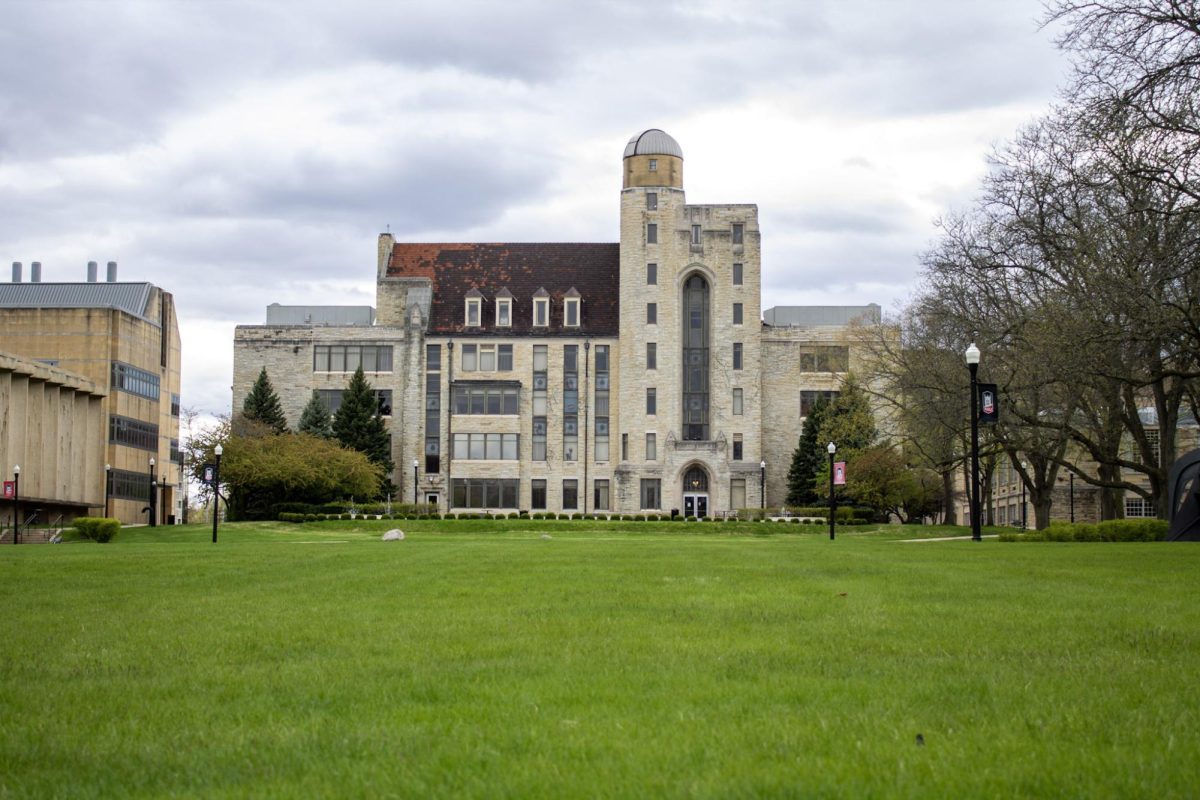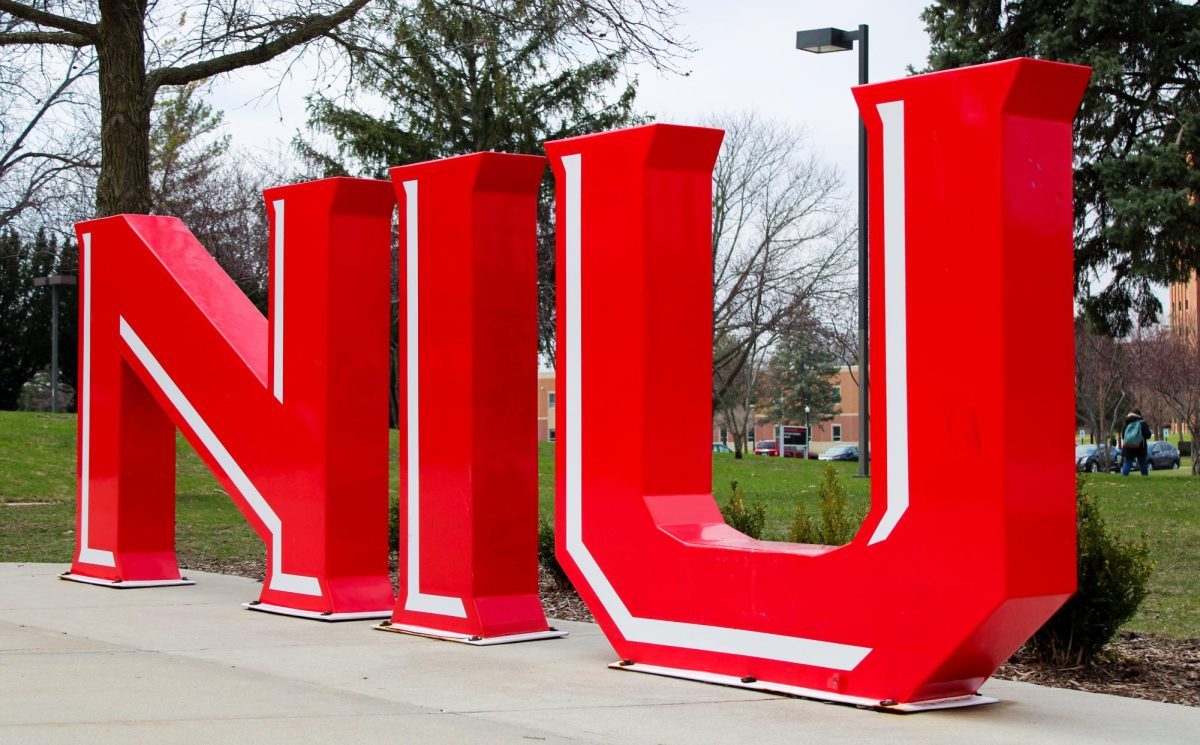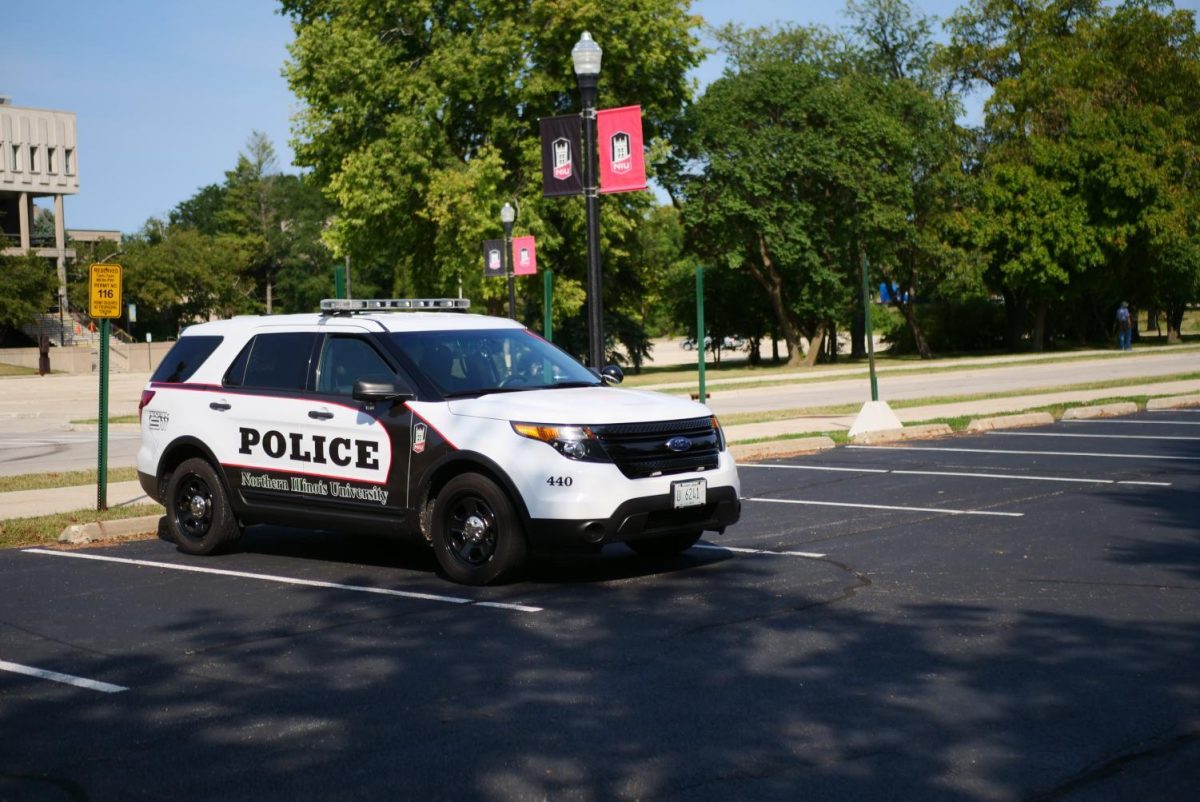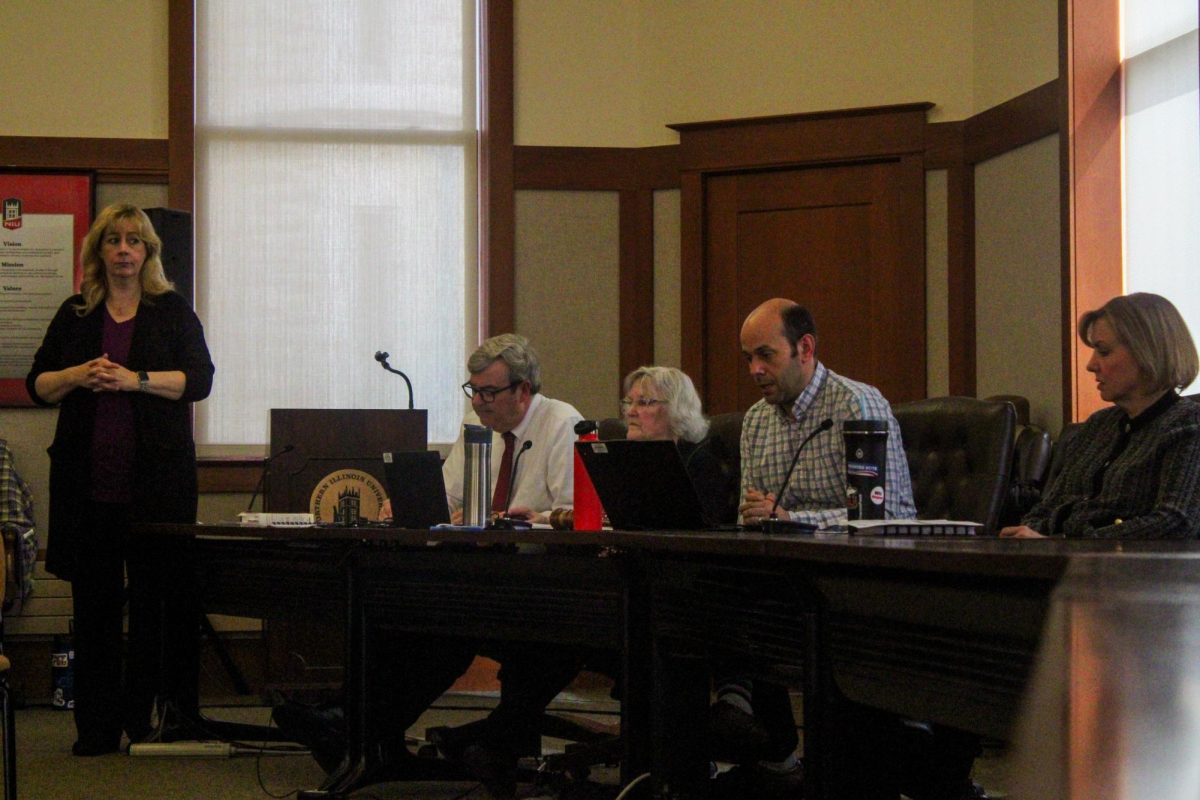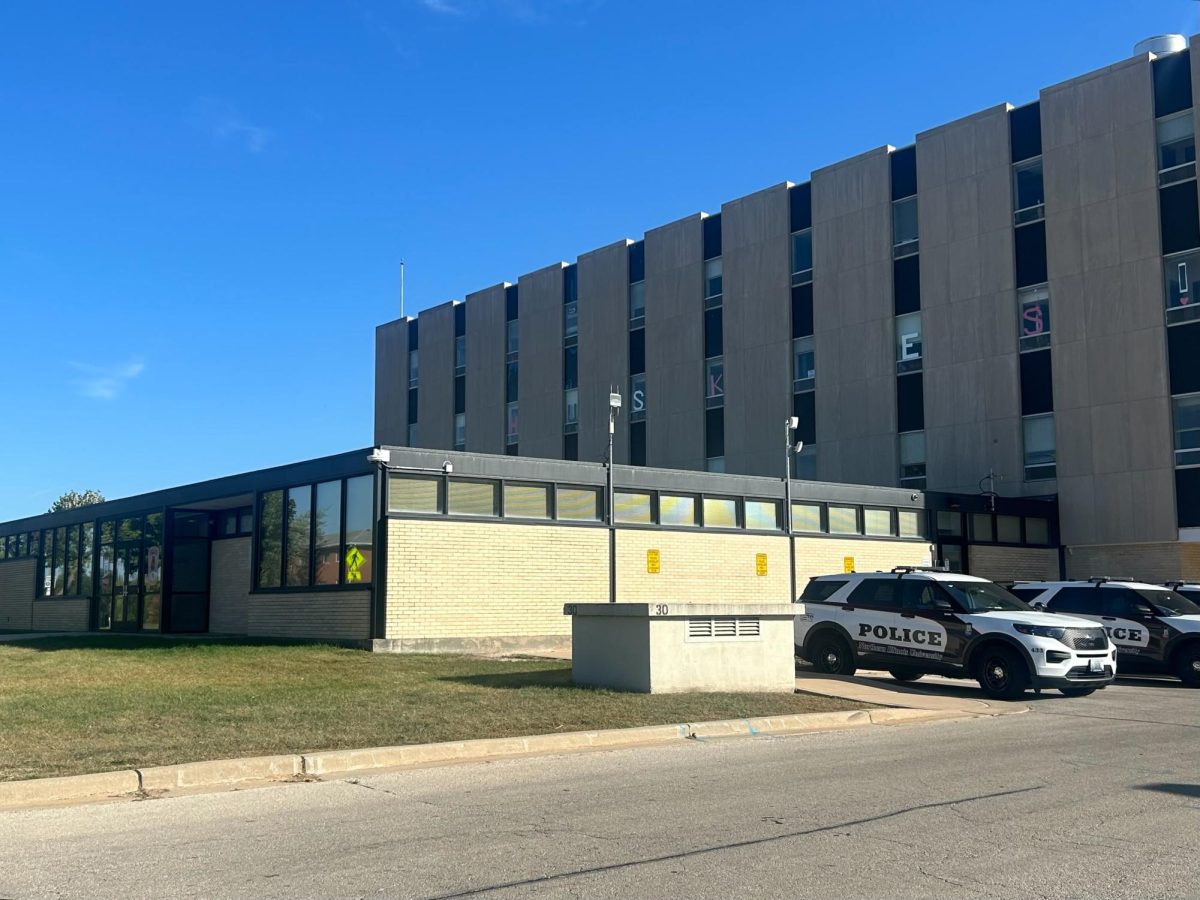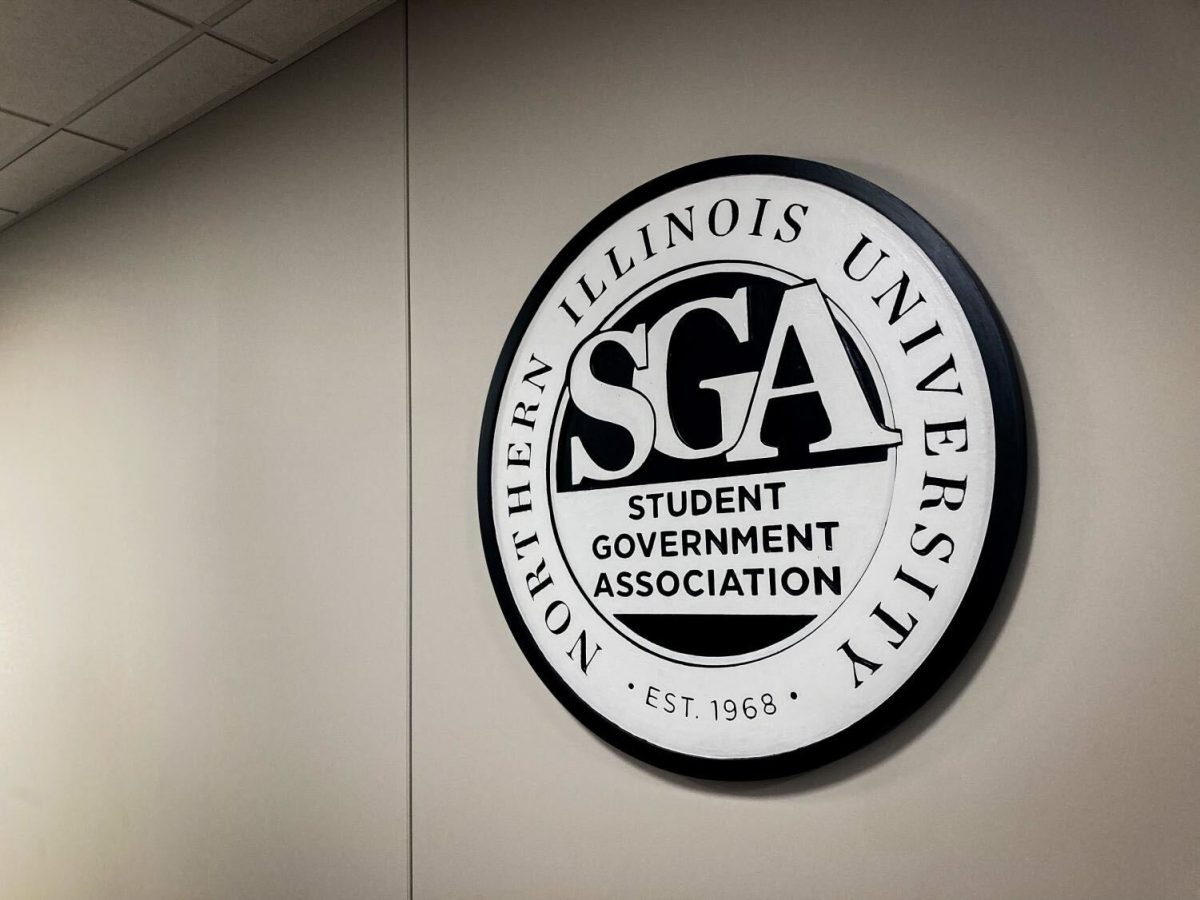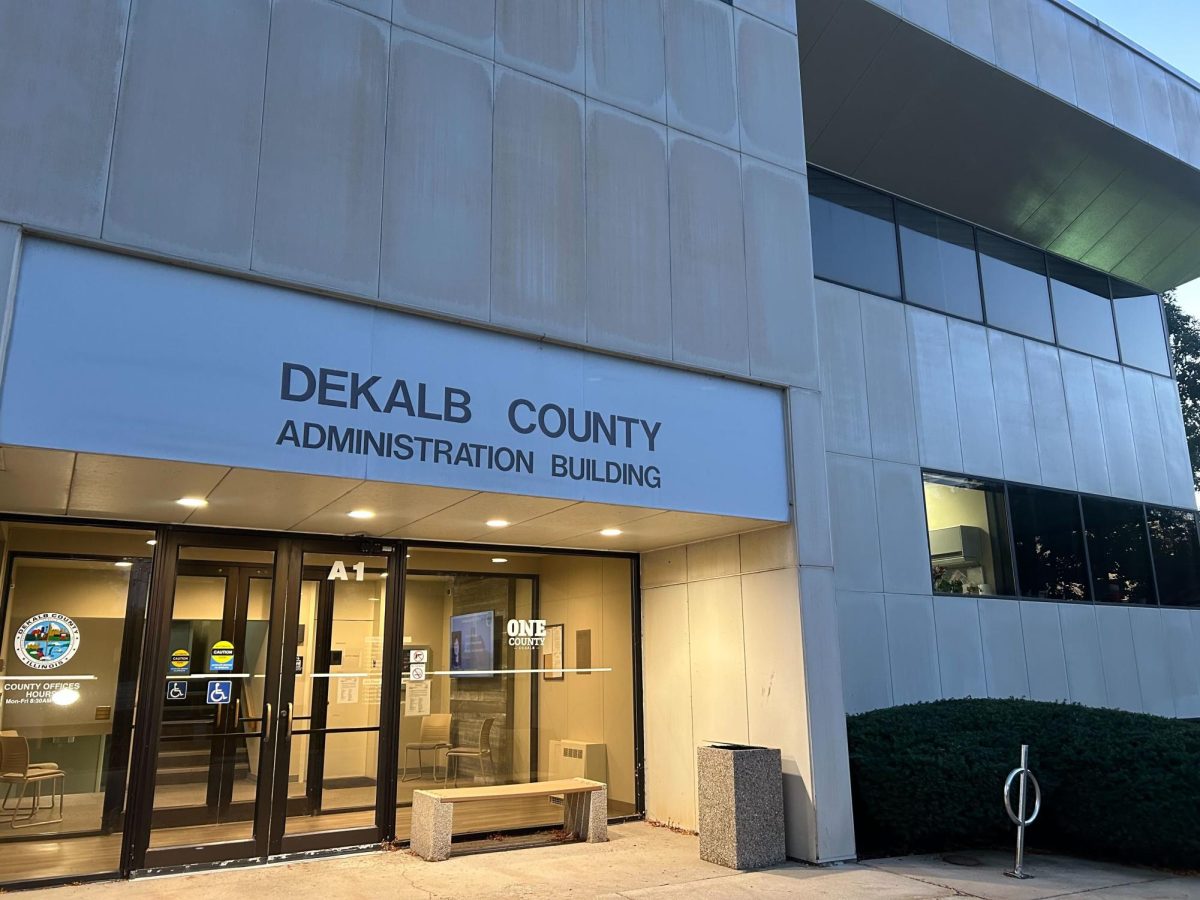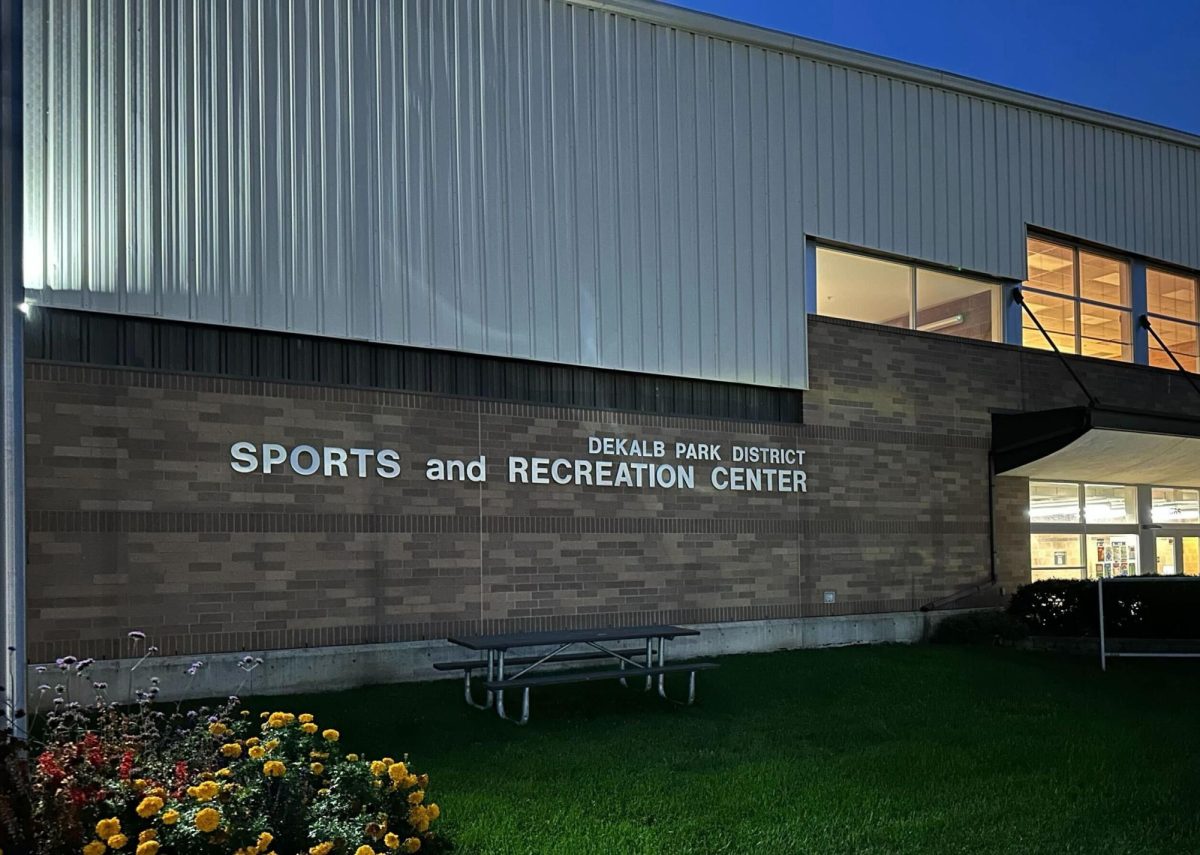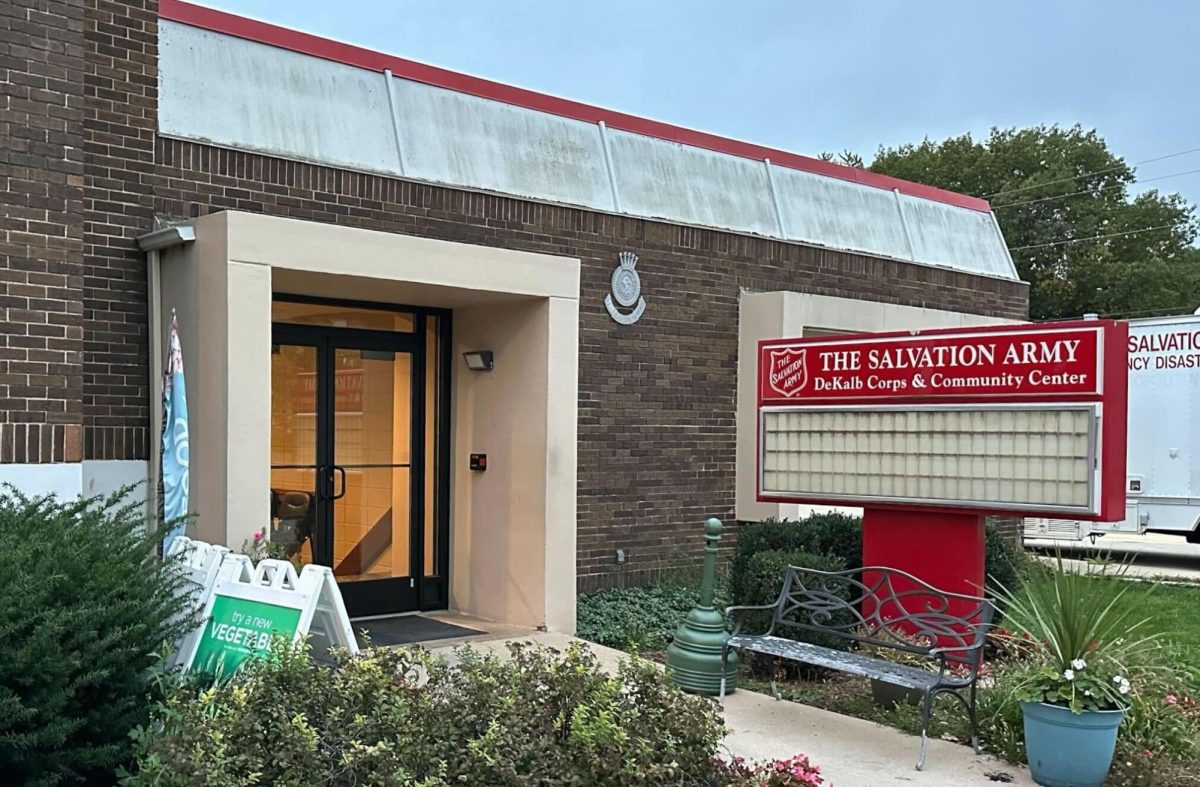DeKALB – NIU requested about $760 million from the Illinois Board of Higher Education at a Special Meeting of the Board of Trustees to fund major renovations, infrastructure upgrades, and the completion of the new Health Technology Center.
The IBHE capital budget request is made of two components – regular capital project priorities, for things like new buildings or major renovations, and capital renewal projects, for significant repairs and upgrades with estimated budgets exceeding $100,000.
“We make this request to IBHE for the capital projects on an annual basis,” NIU’s Chief Financial Officer George Middlemist said. “Then, the IBHE will submit our requests and priorities to the state.”
The IBHE is required to submit its recommendations for the ensuing fiscal year to the governor and general assembly for approval. Requests come in from universities across the state, and after reviewing all proposed costs and data, the state declares how much funding it has available and which requests will be approved.
CAPITAL PROJECTS
NIU requested $600 million to fund 11 capital projects including the new Health Technology Center. The new Health Technology Center has already been approved for $7.7 million
The center will feature custom learning labs and a broad range of technology and equipment to develop nationally competitive programs and promises the potential for industry and professional certifications.
“The building will house health programs and the technology associated with those programs,” Middlemist said. “It’s a multi-discipline space to meet students where they’re at and prepare them for their careers.”
NIU intends to move several health programs from McMurray Hall and Wirtz Hall to the center. Renovation of the two halls are the top capital project priorities for the university.
McMurry Hall was constructed in 1911 and is NIU’s second oldest building. Wirtz Hall was constructed in 1964 and attached to McMurry with no renovations having been done to either building since their construction.
Other capital projects include renovations to Davis, Reavis, Watson, Montgomery, DuSable and Williston Halls. Still Hall and Still Gym, the Gabel and Graham Complex and the Psychology/Computer Science building are intended to receive renovations if approved.
“These are all buildings that are dated,” Middlemist said. “This would allow us to bring them up to a certain level if the state decides to fund those requests.”
CAPITAL RENEWAL PROJECTS
The reconfiguration of the east campus chilled water systems and the replacement of the DeKalb campus boiler systems are the most costly of the 15 capital renewal projects.
Reconfiguring the east campus chilled water systems is planned for two phases and is projected to cost about $33 million when finished. The first phase of the project would replace the chillers in the Engineering Building to accommodate the connected Anderson and Barsema Halls.
The second phase would increase the Chilled Water Plant’s ability to generate enough cold water to accommodate the connection of McMurry Hall, Still Hall, Still Gym and Holmes Student Center. These buildings use stand-alone cooling systems which are nearing the end of their life and are costly to maintain, according to the special meeting report.
Replacing the DeKalb campus boilers is planned for three phases with the last two phases projected to cost about $48 million. The first phase was approved in the 2019 fiscal year legislation and began by replacing the outdated heat generation capacity for the university.
The second phase would add a new boiler to the nine boiler steam system which lost two of its boilers due to operational safety concerns over deteriorated components. The new boiler would ease the burden of the remaining aged boilers. The third phase would add an energy efficient cogeneration unit and decommission the remaining aged boilers in the east and west heating plants.


